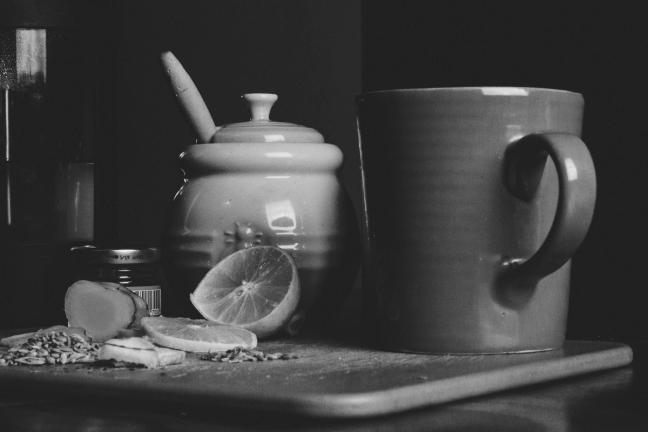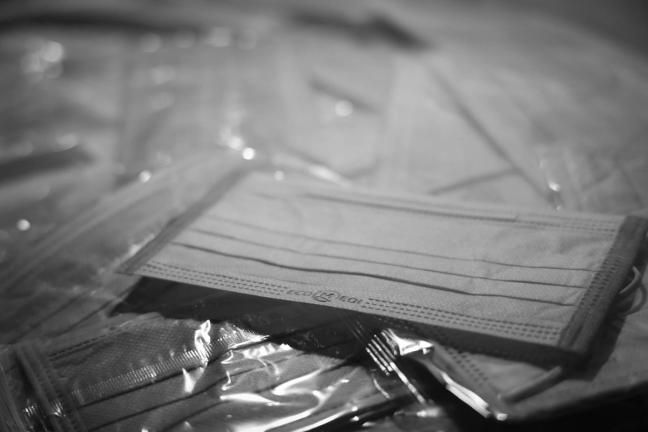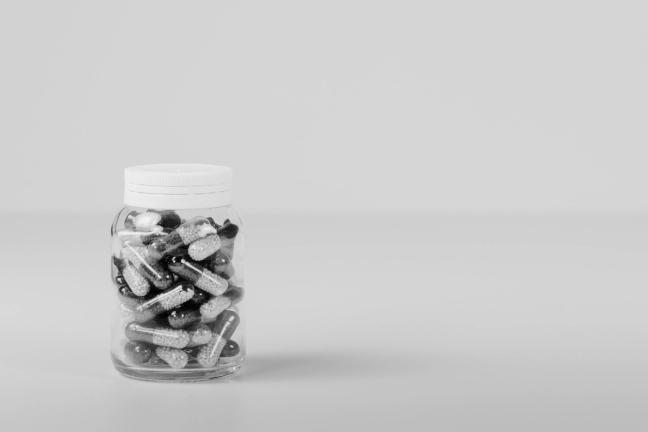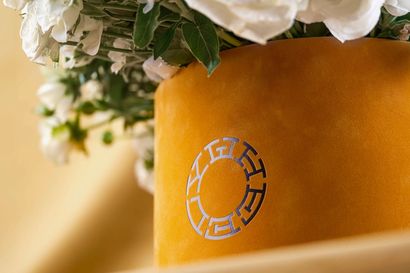Coronavirus: Debunking the myths around Covid-19
Misinformation is dangerous - here’s the truth behind the coronavirus rumours
The world is in the grip of global pandemic. It’s a scary time for everyone but one thing that certainly won’t help governments fight Covid-19 is panic caused by fake news and misinformation. It’s natural to want to stay up-to-date and do the best you can to protect your health and that of your loved ones but remember, social media is not a news site and you can’t believe everything you read on a Twitter thread. From the usefulness of face masks to longevity of the disease, read on for the truth behind some of the most prominent coronavirus myths.
Home remedies can protect me from coronavirus
False. There have many posts from high profile individuals on social media stating that they are taking measures such as gargling bleach and salt water, taking steroids and using essential oils to protect themselves from the virus. Writing on hopkinsmedicine.org, Lisa Maragakis, senior director of infection prevention at Johns Hopkins University, states that not only do none of these methods work, in some cases they are actively dangerous. The only way to prevent the spread of infection is to wash your hands frequently and thoroughly, avoid touching your face and to avoid coming into contact with people who are sneezing and coughing. Use the bleach to clean your bathroom instead.

Face masks don’t work
This is a slightly trickier one. It is true that the vast majority of face masks available to the public will not actively stop you catching Covid-19, however, the tight-fitting respirator versions used by healthcare professionals do protect them. The best advice here is not to buy anything labelled a fashion accessory – they will do little to nothing – and that a mask will make almost no difference if you’re wearing it to walk down the street or catch a bus.
However, masks are useful when worn by those who are already sick as they catch infectious droplets and lessen the chance of the disease being passed on. If you become ill it’s recommended that you wear a mask whenever you are near others and, equally, if you are caring for a sick family member, you should both wear masks when together. If you are not showing symptoms you do not need to wear one day-to-day so please don’t stockpile – there are healthcare professionals that need them far more than you.
Young people aren’t at risk and don’t need to self-isolate
It’s easy to see where the confusion has come here as the semantics around the disease haven’t always been easy to follow. It is estimated that the fatality rate of Covid-19 is around 1%, with most of those dying from the disease being over 70 or with pre-existing respiratory conditions. However, the virus has killed people as young as 30 and, while most young people only suffer mild symptoms, the classification system used to categorise the severity of a coronavirus case means mild symptoms can include anything up to pneumonia.
This said, it is also possible that a fit, young person may catch the disease and feel only as if they have a slight cold – but you are still highly infectious regardless of how much you suffer. If you ignore the advice given by the World Health Organisation (WHO) and government – self-isolate for 14 days if you show even the smallest Covid-19 symptom – you risk passing the disease on to people far more vulnerable to the tragic effects of the virus.

I shouldn’t take ibuprofen if I get sick
There’s been some conflicting official advice about this. The NHS’s official recommendation for those with symptoms is to stay at home and take paracetamol or ibuprofen to treat the fever. However, reports from French doctors, including Health Minister Olivier Veran, who are treating the disease suggest that anti-inflammatory medications, such as ibuprofen, may aggravate the effects of Covid-19.
Ibuprofen, and other medications belonging to the NSAIDs group, are not recommended for those with long-term respiratory conditions, such as asthma, and advice against using them for Covid-19 falls in line with many countries general recommendations for their use. However, ibuprofen’s specific link to Covid-19 is unclear and researchers from both Stanford University and the University of St Andrews have commented that more evidence is needed to make a definitive judgement. Paracetamol has, however, been cleared as safe while the NHS website remains the best source of information for those in the UK.
It’s no worse than seasonal winter flu
For many the effects of Covid-19 will feel no more severe than a normal flu. However, while seasonal flu kills only 0.1% of people who catch it, the mortality rate of coronavirus is ten times that. While it is easy to overstate the death rate of a new disease due to mild cases being dismissed as existing illnesses, WHO experts who have led studies in China believe this is not the case with Covid-19. If current predictions prove correct, coronavirus is expected to kill between 290,000 and 650,000 globally.

Warm weather will kill coronavirus
We have our friend from across the pond, President Trump, to thank for this particular rumour. At two rallies this month he stated that “the heat generally speaking kills this kind of virus” and promised that it would be gone by April when the weather warms up. This notion is based on the belief that, due to is flu-like symptoms, Covid-19 will behave in the same way as the seasonal flu we’re used to. However, according to the WHO, we simply do not know enough to assume this, while cases of the disease spreading in hot countries suggest it may be hardier than many hope.
Self-isolating? Here’s the gentleman’s guide to working from home…
Join the Gentleman’s Journal Clubhouse here.

Become a Gentleman’s Journal Member?
Like the Gentleman’s Journal? Why not join the Clubhouse, a special kind of private club where members receive offers and experiences from hand-picked, premium brands. You will also receive invites to exclusive events, the quarterly print magazine delivered directly to your door and your own membership card.


